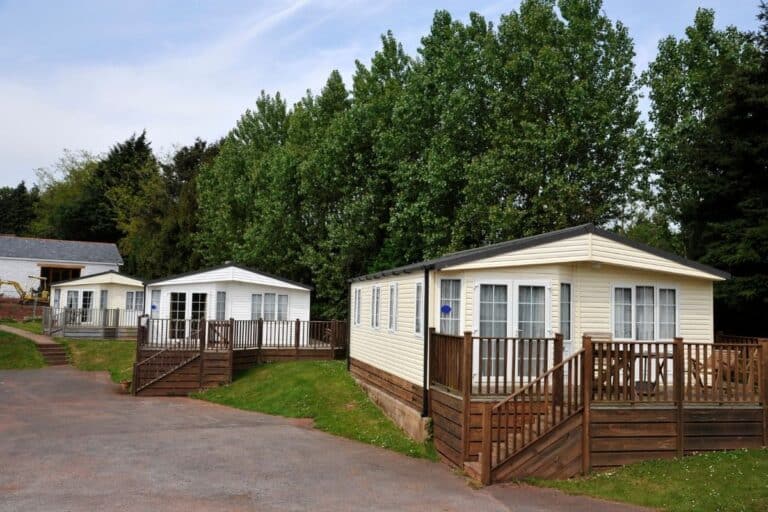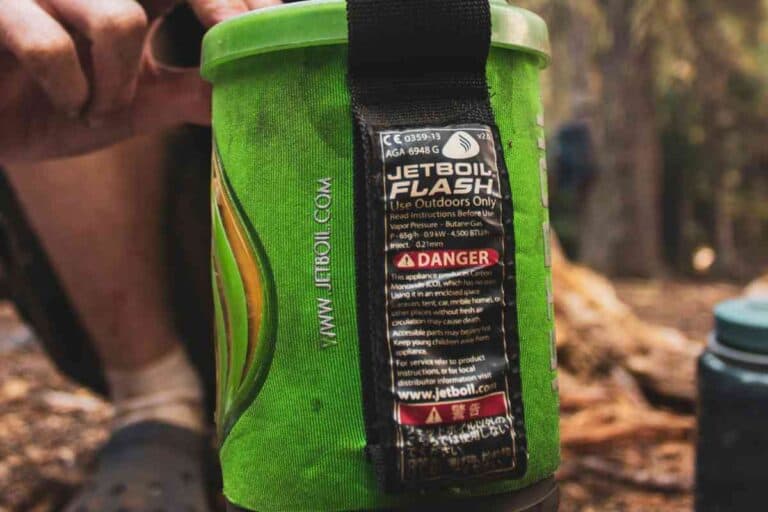Leasing Hunting Land: Total Cost Guide & How To Make It Worth It
Leasing land for hunting allows for exclusive, quality hunting. But, what does it cost to lease hunting land? This comprehensive guide has the answers.
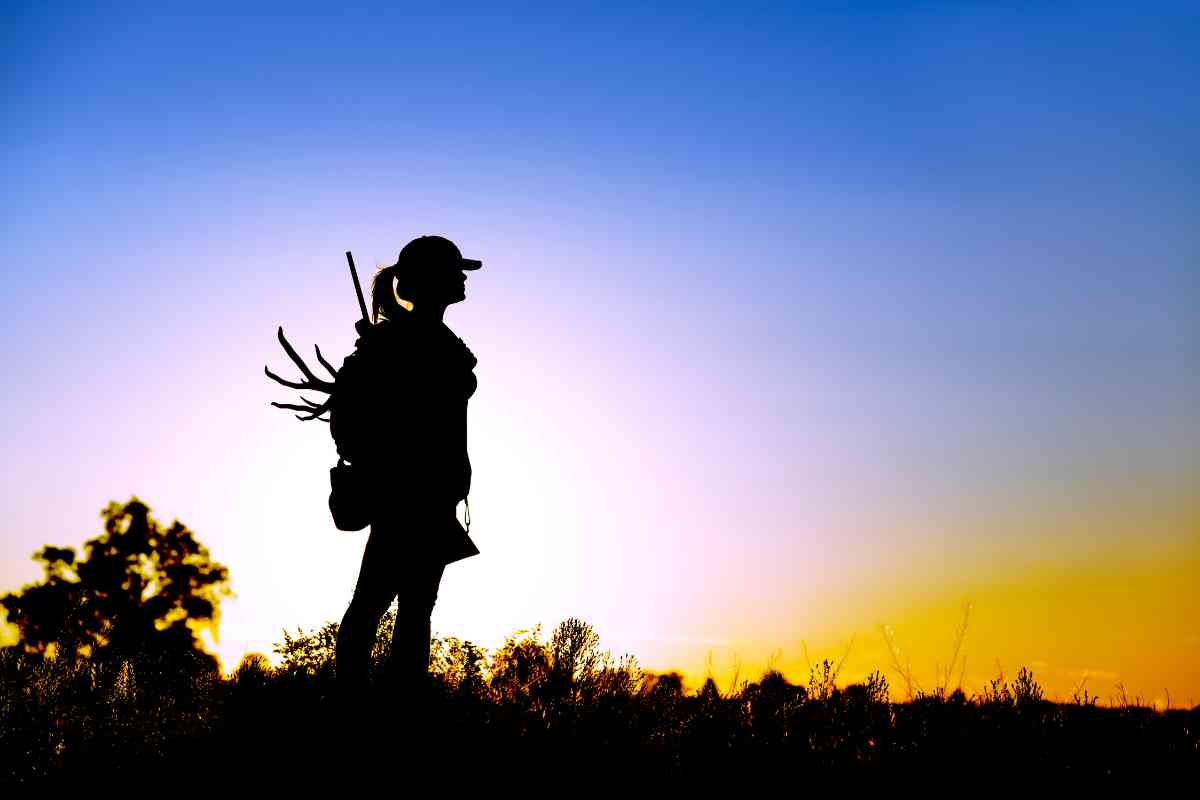
What does it cost to lease hunting land?
Leasing hunting land costs approximately $10 to $50 per acre. The actual price will depend on various factors such as the exclusivity of the land to hunters, the quality of game available on the land, distance from the closest city, available amenities, and facilities, as well as the size of the land.
Our mission is to provide amateur and professional hunters with up-to-date, factual, reliable and helpful advice. To deliver this goal, we have an accomplished content creation team, comprising professional hunters, journalists, editors, fact-checkers and other experts.
This team comes with skills and experience which is drawn from theory and research. Therefore, we can assure all our readers that the information they are getting from us is the best and most comprehensive.
Costs For Leasing Hunting Land
When the hunting season comes around, millions of Americans will spend months in the wilderness, trailing and pursuing certain wild animals. And when it comes to hunting, most professional hunters will opt to do it on public land.
But, public grounds are always crowded during the hunting season. And with more people joining this sport, it’s increasingly becoming harder to enjoy quality hunting on public grounds.
Fortunately, there’s a solution to this problem, which is leasing hunting acreage.
When you lease land, you will have the entire hunting field for yourself, meaning you won’t have to keep running into other bowhunters, and you will be able to do what you want.
In this in-depth guide, we will take a closer look at some reasons why you should consider leasing land for trapping, the cost to lease grounds for hunting and the factors to consider when leasing land for your hunting needs.
We will also take you through the steps to leasing hunting grounds.
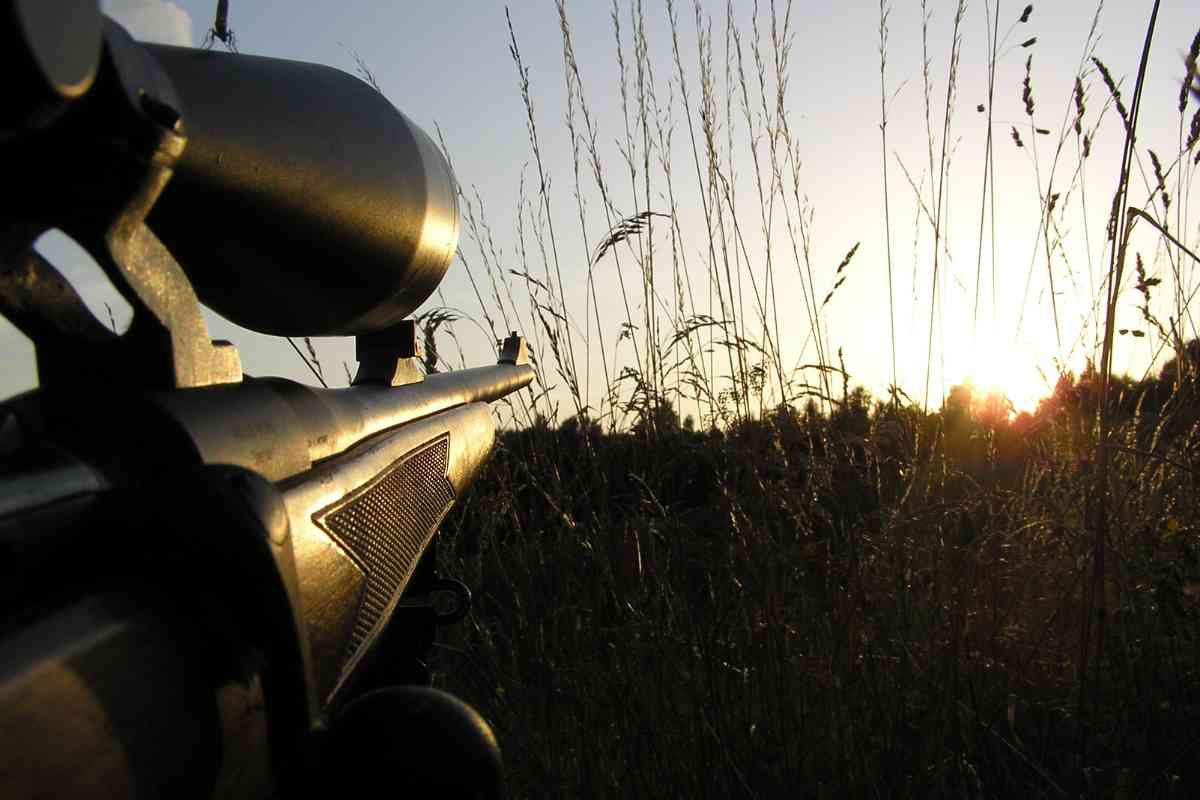
Why Lease Land for Hunting
Hunting on public grounds is free, besides the mandatory licenses and permits. Also, you have the freedom to roam as much as you want, as long as you stick to the designated areas, and follow the basic rules for hunting.
But as we earlier highlighted, hunting on public grounds is becoming harder by the day.
And, there are several reasons why. For instance, you will be competing with hundreds of other hunters for the same game.
Also, there are several other uncontrollable factors like crop rotations, and buck age class, just to mention a few.
With these factors in mind, it will be best to invest in your hunting expanse. And, you don’t necessarily have to buy it.
Instead, you can lease it for a couple of years. Here are some reasons why you should lease land for deer hunting.
Enjoy Quality Hunting
Whether you are a waterfowl hunter or you specialize in bucks, leasing land allows you to enjoy quality hunting. The majority of public hunting grounds are always overcrowded.
Therefore, the chances of landing big game are slim, even if you are a skilled hunter. But when you lease hunting space, the competition for the big game is lower, thus increasing the possibility of taking home a sizable game.
Furthermore, you won’t have to worry about another hunter beating you to your preferred stand site or running across the field just when you have seen a big buck approaching from a distance.
Greater Hunting Opportunities
Leasing hunting space is a great option for hunters who don’t like being tied to one single hunting area. Considering the affordability of hunting leases, you can lease several plots spread across different areas during one hunting season.
And by doing so, you will alleviate hunting pressure on the land and allow the animals to thrive. Most importantly, you will enjoy more hunting opportunities and change your hunting scenery throughout the hunting season.
Freedom to Manage the Property
When you lease hunting expanse, you will have a certain level of ownership for a certain number of years.
And during the lease period, you will have the freedom to animals as you like, plant food plots on it, and use it for hiking and family excursions, besides hunting. But with public grounds, you can’t enjoy such levels of freedom.
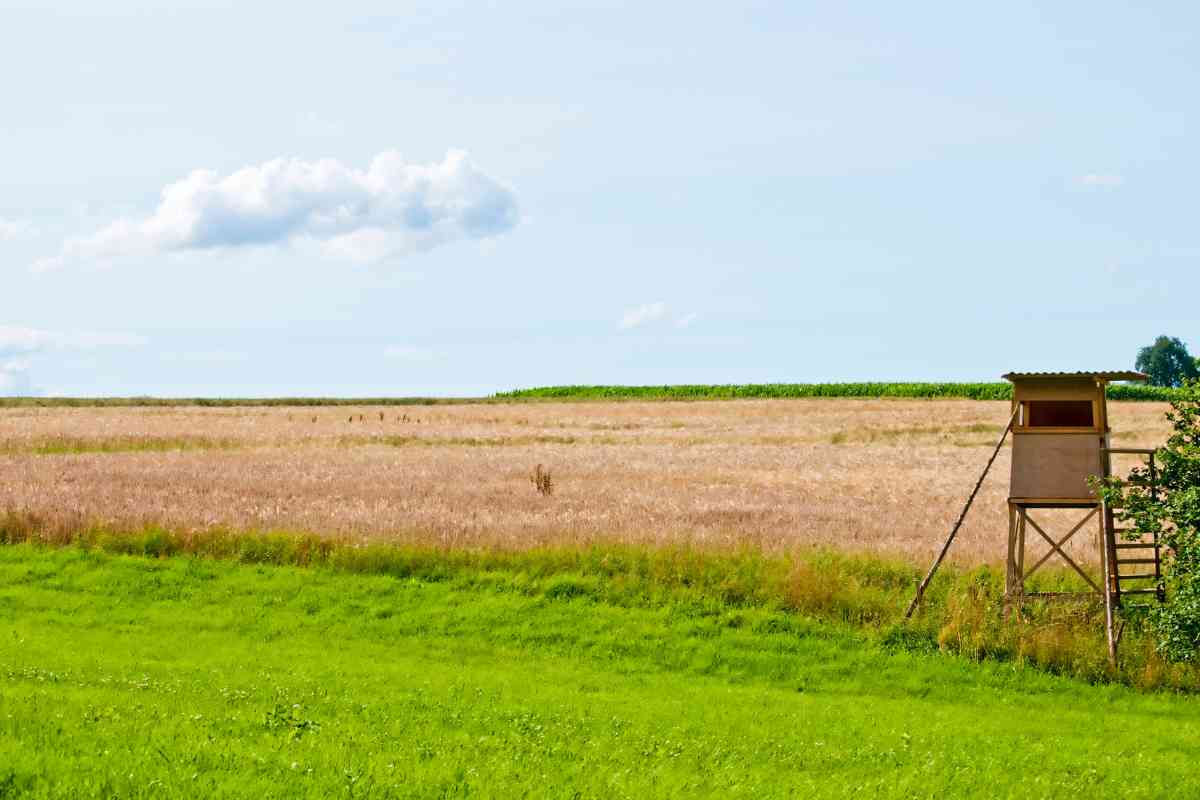
Leasing Hunting Grounds is Not Expensive
While you also have the option of buying land for hunting, leasing presents the most cost-effective option. If you were to buy the land, you will be forced to put in a down payment, which is usually around 20%.
If you prefer controlled hunting access but your financial situation doesn’t allow you to buy the land, then leasing presents an affordable option.
When you lease the land, you will only use it for the agreed-upon number of hunting seasons or years. And once the lease lapses, you have the option of looking for another piece of land to lease.
Make Money with the Land
When you lease hunting grounds, you will also have opportunities to make more money with the land.
While you can’t undertake major developments on the property, you have the option of leasing out hunting rights to other hunters.
For instance, you may only specialize in deer hunting. But, the hunting property that you’ve leased also comes with waterfowls and smaller game.
Therefore, you have the option of leasing out hunting rights to other hunters who specialize in the other animals on the land.
Also, the property owner may allow you to set up a shooting range, which you can be using during the off-season. And by doing so, you will get a chance to make money off the land and offset some of its expenses.
What Does It Cost to Lease Hunting Land
Without a doubt, leasing space for hunting comes with numerous benefits for avid hunters. There’s less disruption, more privacy, no risk of running into other hunters and guaranteed access to certain animals.
But like any other type of land, it will cost you money to lease land for a big game. So, what exactly will it cost you?
It costs approximately $10 to $50 per acre to lease hunting acreage. So, if you were to lease 40 acres of hunting land, it will cost you around $400 to $2,000.
However, the actual cost will depend on various factors.
Factors that Determine the Cost to Lease Hunting Space
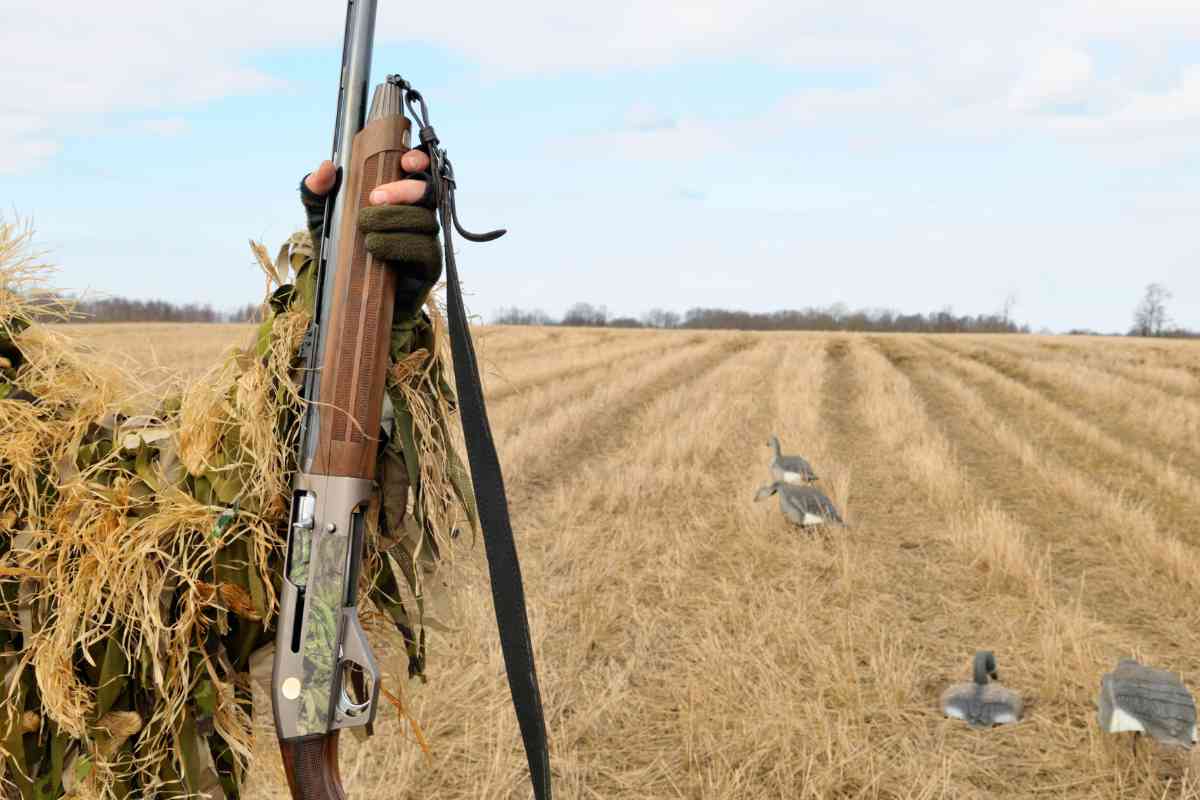
Location
If a piece of hunting expanse is located close to a major town or city, you can expect it to cost more per acre, compared to one that’s located in a remote area.
The reason why such land may have a higher price tag is that there will be more people willing to pay for it, as opposed to the one located in far-flung areas.
Wildlife Potential
A piece of hunting acreage that has an abundance of big game such as reindeer, musk oxen, elk, bighorn sheep, moose, and deer may cost more to lease per acre, compared to one that only has squirrels and rabbits.
Existing Amenities and Facilities
The existing amenities on the hunting land will also determine how much it will cost you to lease it. For example, if the landowner has already set up things like tree stands, running water, power, and sleeping quarters, then it will cost more to lease it.
Exclusivity
When it comes to leasing land for hunting, you have the option of leasing one that’s exclusive to you and your friends or leasing one that’s open to everyone.
If you opt for the former, you can expect to pay a higher fee for it as opposed to the latter.
How Hunting Leases Work
A hunting lease is an agreement of a contract between a hunter and a landowner. With this agreement, the hunter is given access to hunting on the land, for a certain number of days, months or years. There are two main types of hunting leases.
These are no-fee leases and fee-hunting leases.
No-Fee Hunting Lease
As its name suggests, the hunter won’t pay any money to the landowner to hunt the land. In most cases, the hunter may be required to provide some service to the landowner in exchange for hunting access.
For instance, hunters may be allowed to hunt the land while helping the landowner to tend to food plots, repair fences, or watch for trespassers.
No-fee hunting leases are quite rare. It’s almost impossible to find a landowner who will accept such an arrangement unless they are a close friend or family member.
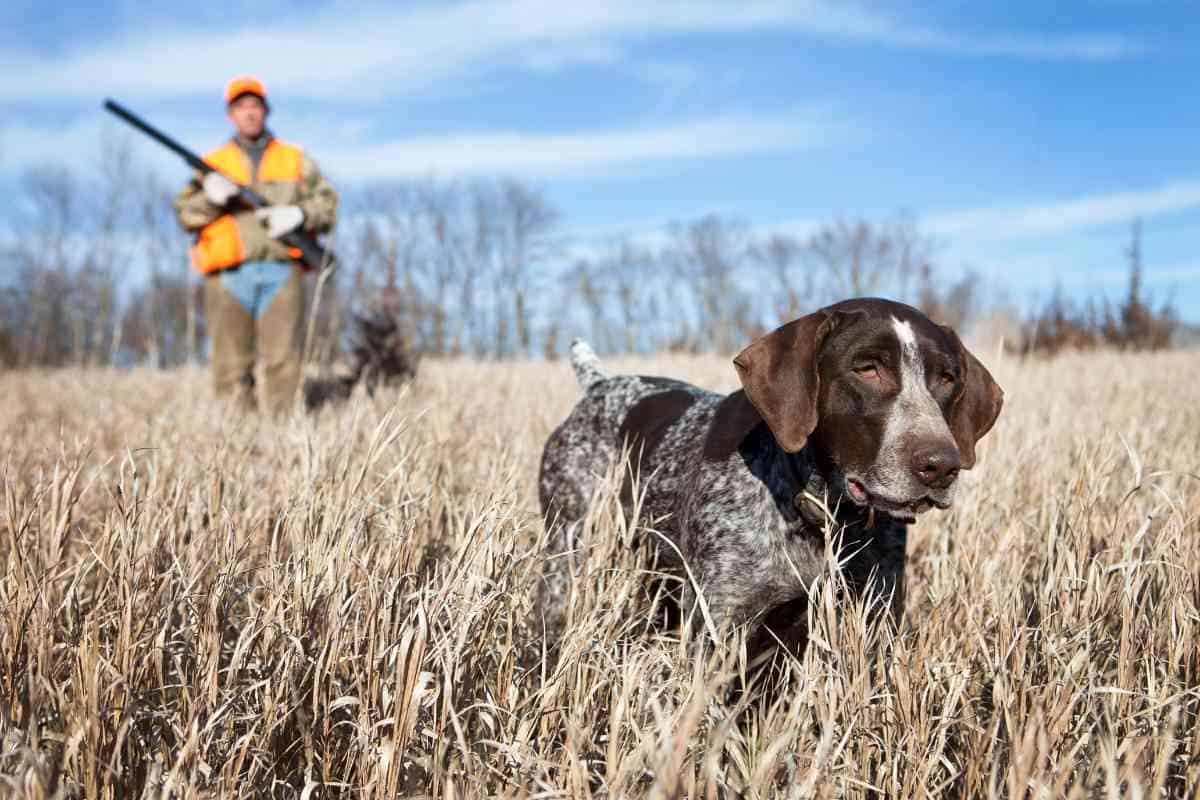
Fee Hunting Lease
The fee-hunting lease is the most popular one. And, it comes in different forms. It can be a daily lease, a short-term lease, or a long-term lease.
You can choose any type that you want, depending on your preferences.
Daily Land Lease
With this type of lease, you will be paying the landowner for hunting access a day at a time. A daily land lease is a great option for a hunter who isn’t familiar with the land or terrain.
This type of lease also presents a great option for people who hunt occasionally.
Short Term Lease
This lease will give you an opportunity to assess whether a long-term lease will be a great fit for you.
Such a lease will help you to determine whether the landowner is someone you can work with long-term. Also, you get a chance to assess the hunting quality on the land. It can run from a week to a whole season of hunting.
Long-Term Lease
Long-term hunting leases are the most common, mainly because of their simplicity and convenience. It can last for approximately one to three years. Such leases are beneficial to both the landowner and the hunter since both will be an investment in the wildlife and the betterment of the land.
In this lease, the landowner may also allow you to add value to the land by adding things like watering holes, food plots, shooting houses or fences. However, such developments on the property will need the property owner’s consent.
Considerations When Leasing Hunting Land
To some people, leasing grounds for hunting is as simple as finding a couple of wooded land in the countryside and signing the paperwork.
However, leasing space for hunting is not as easy as that. There are several factors you should consider before you sign the paperwork. They include:
Abundance of Wildlife
At the end of the day, you are leasing the land so that you can hunt on it. Therefore, it should have an abundance of the specific type of wildlife that you want to hunt.
For instance, if you are into turkey hunting, then the piece of land you are looking to lease should have an abundance of them. Conversely, if you hunt deer, then the land should have them.
So, how can you be sure whether the land has the animals you are looking for or not? Well, you can start by asking the neighbors whether they have been spotting any animals on their lands. Also, you can spend a week or so around the land if possible to see whether you will spot any animals.
You can also contact the local parks and wildlife department biologists and game wardens. Also, you can get in touch with other hunters, who may have previously hunted in the area before.
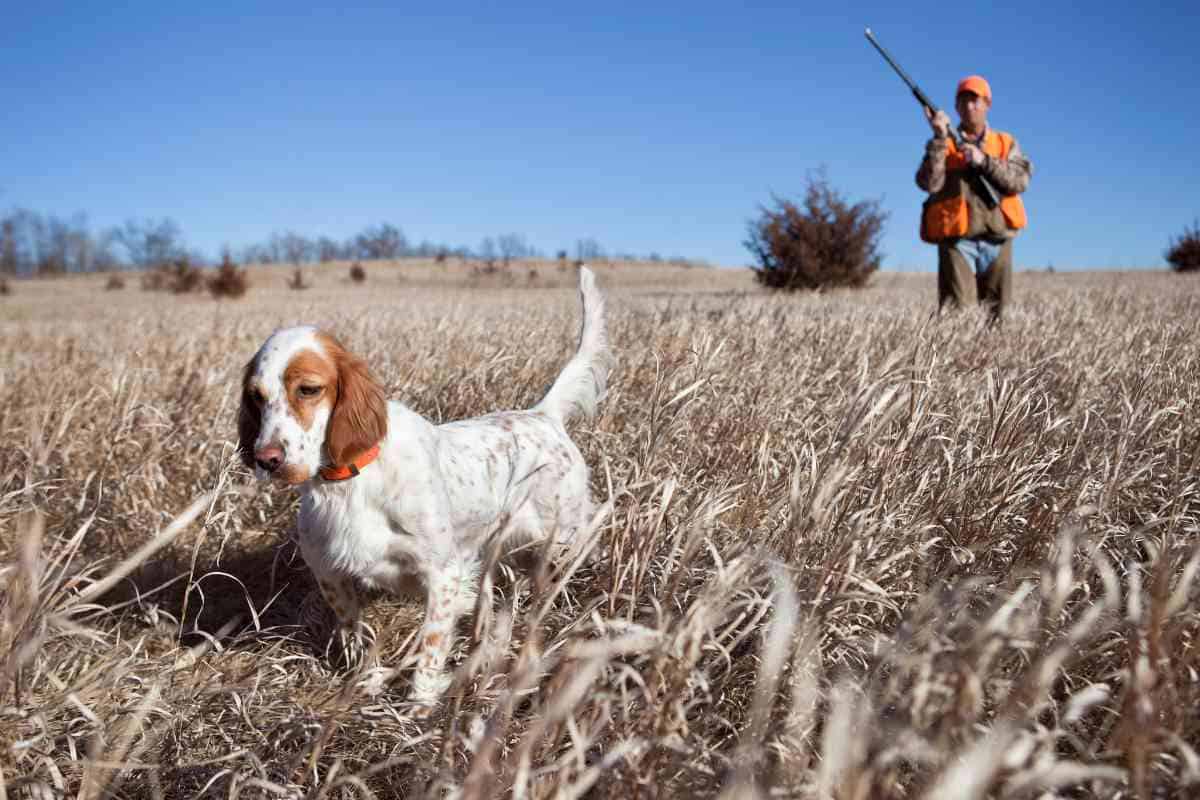
The layout of the Land
If you intend to spend the entire hunting season on the land or a couple of weeks, then it’s highly likely that you are going to set up some sort of a base camp. To this end, the land you are looking to lease should be suitable for this purpose.
So, ensure you survey it and check whether it’s possible to set up a tent or any structure for the hunting season.
At the same time, the piece of land that you lease should have a decent combination of timber or shrubs. You will need a good cover to hunt large bucks.
So, leasing a piece of land that will provide good cover should be a priority.
We should also mention that different animals prefer different terrains. Some will prefer lowlands while others prefer highlands. Some prefer grazing under the protection of the forest canopy while others prefer open fields.
Therefore, understanding the habitat preferences of the animals you intend to hunt is key when leasing land.
Accessibility
You will also need to consider the accessibility to the property
Ideally, you should be able to access the areas where you will be hunting without spooking the animals. Also, you should be able to access the land using a vehicle.
Therefore, it needs to have access to a major interstate or highway. As much as you don’t want it to be too close to the towns, you will need to make sure you will have good access.
Availability of Water and Food
Availability of water and food is equally an important factor to consider when assessing a piece of land that you want to lease.
If there are no water sources on the land, then there are slim chances that the animals you are pursuing will be visiting the land.
However, if there are rivers, ponds, lakes, or streams nearby, then the animals may be passing through the piece of land you are eyeing. And, you can still go ahead and lease such a piece.
Permissions
You also need to check what’s allowed on the land before you go ahead and sign the paperwork.
For example, some landowners will limit the number of animals that you can take from the property while others will allow you to hunt as many as you want.
On the same note, some will prohibit you from putting up any structure or development on the farm.
Others, on the other hand, will only you to put up things like temporary cabins, blinds and tree stands. Knowing what you can and can’t do with the land will help you to avoid properties that don’t align with your preferences.
Huntable Species
A particular piece of hunting expanse may have different types of wild animals. However, local wildlife rules and regulations may prevent hunters from pursuing certain types of animals.
And, this also means you can’t hunt those species, even on private land. So, you should check whether there are any local hunting restrictions for the species you are looking to pursue on that property.
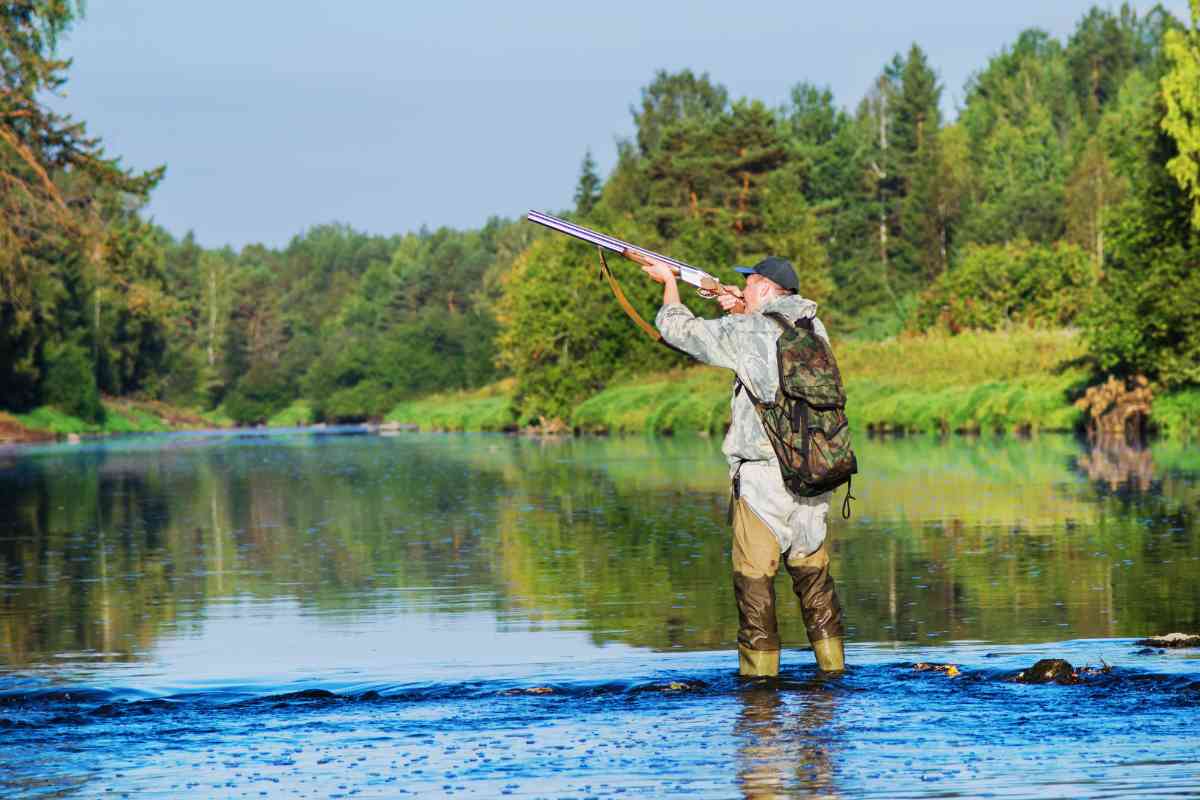
Steps to Leasing Hunting Land
By now, you already know the key factors you should consider when it comes to leasing hunting expanse.
In this section, we will take you through the steps to follow, if you decide to go ahead with this move.
Select the Location
Chances are you’ve managed to compile a list of potential parcels that you would consider leasing, using the above checklist. At this point, you need to figure out the actual location to lease the plot, from the options that you have.
Ideally, the land should be located within a travel time of around three hours. This way, you can leave your home early in the morning and arrive at the location just around daybreak.
And from there, you can go ahead and enjoy an entire day of hunting. Also, you should consider the land’s proximity to things like motels and hotels, in case you decide to stay overnight.
Determine the Number of Acres to Lease
After identifying a location that suits your needs, you can now go ahead and determine the number of acreages that you should lease.
The size of land to lease will depend on the type of hunting that you do.
If you hunt deer with a rifle and with others, then you should consider leasing at least 50 acres for safe hunting.
But if you don’t hunt with company, then you should go for around 20 to 25 acres of hunting expanse. And, if you hunt alone using a bow, then 10 acres will be enough. If you hunt turkeys, then you can just lease around five acres.
Confirm Ownership
At this point, you’ve already identified a piece of land, which ticks almost all your boxes. There are plenty of huntable wildlife in the area, the location is within three hours of driving distance, and there’s enough land to lease for your hunting needs.
And, you feel you can now go ahead and finalize the process. But before you do that, it will be advisable to conduct further due diligence and confirm land ownership.
You don’t want to find yourself in a situation where you lease land from a scammer posing as the owner. In such a case, you will end up losing all your money. You may even find yourself facing legal issues if the actual owner sues you for trespassing.
So, before you rush to hand over your money, make sure you first check its ownership information at the local government land records.
Here, you will get to know all the details about the land, including its size and the property owner.
If the property owner listed on file and the individual trying to lease you the land are two different people, you have a reason to be skeptical.
And, if that individual is not authorized in any way to undertake any transactions on behalf of the property owner or the deal looks too good to be true, there’s a possibility you are dealing with a scammer.
And, you should consider walking away and exploring other options.
Sign the Paperwork
Once you’ve confirmed ownership of the land and everything else checks out, you can now go ahead and sign the paperwork.
It will be highly recommended to have an attorney present when signing the paperwork if you are not one yourself. Your lawyer will go through the contract and identify any harmful clauses that the landowner may have maliciously inserted in the document.
Key Takeaways
- Leasing hunting land allows quality hunting throughout the year
- It costs around $10 to $50 to lease an acre of land for hunting
- The actual cost will depend on various factors
- Ensure you conduct thorough due diligence when leasing hunting property


